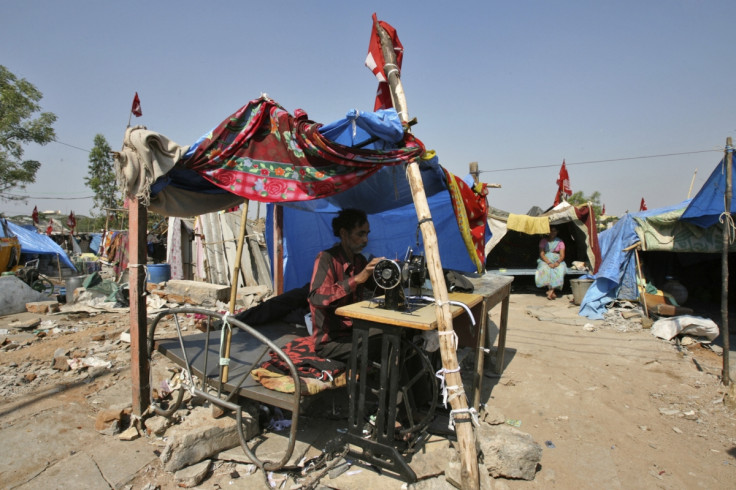Micro-financing impoverished communities 'can lead to increased debt levels and suicide'

Micro-financing "led to a higher level of debt among already impoverished communities" in the developing world, instead of kickstarting jobs, according to new study. After months of research in Bangladesh, Dr Laurel Jackson has warned that the practice of providing small loans to poor families is dramatically increasing stress and debt levels.
"The theory behind micro-financing poor nations is that it will encourage entrepreneurial skills, increase income generating activity and empower the poor. This will in turn increase access to health and education. However, our research tells a different story," said Dr Jackson, from Western Sydney University's School of Business in Australia.
Micro-financing dates back to the 1970s in Bangladesh, where small loans were given to poor people who did not have access to banks. The idea's pioneer Professor Muhammad Yunus, was awarded the Nobel Peace Prize in 2006 and it has since spread around the world.
Lack of business skills
But although there are some entrepreneurs who have used micro-financing to their benefit, Dr Jackson said her research revealed that that the vast majority of third-world poor do not possess the skills and creative visions that are required for successful entrepreneurs.
As a result the study deemed it as "unreasonable and unrealistic" that the Third World poor would use the loans to make wise business decisions that would generate long-term income. It also cites that the inability to pay back loans has led to "hundreds of suicides among borrowers in India".
"The popular belief is that this money gets repaid very quickly," she told the Australian Broadcasting Corporation (ABC). "But the way that happens is that these people will have to go and borrow from somebody else."
Dr Jackson, who visited three farming communities in Bangladesh over a five-year period, added: "There is enough evidence now, not just from my study, to make us question whether this is really a sustainable way of supporting these very vulnerable communities."
Micro-financing benefits 'some'
Professor Bobby Banerjee, from the UK-based Cass Business School, said the findings show that vulnerabilities were exacerbated as a result of taking out the loans in the name of self-financing.
"We therefore need to change the conversation about market-based development by changing the lens with which we view poverty reduction. Not from the perspective of the providers, government organisations or NGOs, but from the perspectives of the receivers of micro-finance," he added.
But Associate Professor Ranjit Voola from the University of Sydney, who has spent years researching the role of business in alleviating poverty defended micro-financing to the ABC.
"Many may not have the skills. But there are quite a few who have actually benefited from this," he said.
© Copyright IBTimes 2025. All rights reserved.





















